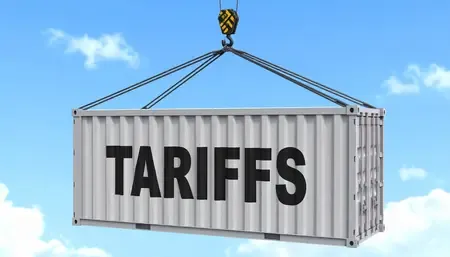Why Did the Karnataka HC Order the Centre to Block Proton Mail in India?

Synopsis
Key Takeaways
- Karnataka High Court orders action against Proton Mail.
- Concerns over anonymity linked to inappropriate emails.
- Legal basis for blocking under IT Act Section 69A.
- Proton Mail's strong privacy claims vs. national security concerns.
- Future implications for digital communication regulations in India.
Bengaluru, April 29 (NationPress) The Karnataka High Court has requested the Centre to take action to block the operations of Proton Mail, a Switzerland-based email service, in India. The directive, issued by a Bench presided over by Justice M. Nagaprasanna, follows a petition filed by M. Moser Design Associates of India Private Limited.
This company raised concerns after the circulation of inappropriate e-mail messages targeting its employees and clients via Proton Mail.
The petitioners highlighted the significant anonymity offered by Proton Mail to its users, raising alarms about its ongoing presence in the country.
The court was urged to regulate and halt the activities of Proton Mail within India.
Moreover, the petition indicated that Proton Mail has not cooperated with law enforcement by refusing to disclose the identities of the senders of the objectionable emails.
The legal representatives stressed that police investigations are likely to be ineffective under such circumstances.
Additionally, it was noted that Proton Mail had previously removed its servers from India, and that bomb threats to schools had originated from accounts on this platform recently. This situation has been underscored as a national threat.
The counsel informed the court that Proton Mail provides guidelines to users on evading the scrutiny of Indian authorities, allowing individuals to create an email account in just 30 seconds without any verification.
The court has consequently directed central government agencies to initiate measures to block Proton Mail under Section 69A in conjunction with Rule 10 of the Information Technology Act.
Representatives for the Centre and various agencies previously indicated that the Union government may have a limited capacity to meet the petitioner’s demands, asserting that the trial court should seek assistance from Swiss authorities.
Proton Mail maintains that it offers a free and secure email service that is “driven by our community, not by surveillance capitalism.”
Furthermore, it claims that “Proton is incorporated and based in Switzerland, ensuring your data is shielded by some of the world's most stringent privacy regulations.”










